When it comes to playing the piano, the selection of a suitable piano stool is of utmost importance, as it directly impacts body movement, health, and flexibility during play. Using a stool with a backrest is not recommended, as leaning back shifts the center of gravity and hinders weight transfer from the shoulders to the fingertips. In this comprehensive guide, we will explore the importance of piano stools, highlight the significance of maintaining proper posture, and provide valuable tips for selecting the perfect piano stool.
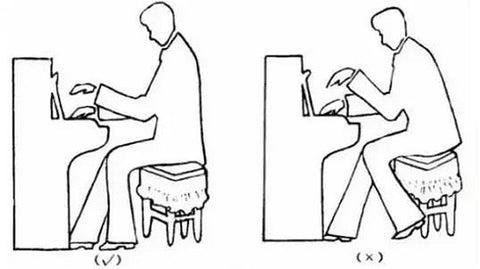
Understanding the Importance of Piano Stools:
- Impact on Body Movement: A well-chosen piano stool allows for free and unrestricted movement of the shoulders, ensuring a relaxed and fluid playing experience.
- Supporting Hand-Arm Coordination: The height and design of the stool directly influence the effective transfer of arm weight to the fingertips, leading to better control and expression.
- Comfort and Endurance: Optimal seating position promotes longer practice sessions without discomfort or fatigue.
Choosing the Right Height:
- Consider Individual Preferences: The ideal stool height varies for each pianist, but as a general guideline, the forearms should be positioned slightly above or parallel to the keyboard. Experiment with different heights to find the most comfortable and ergonomic position.
- Adjustable or Fixed Height: Piano stools are available in both adjustable and fixed heights. Adjustable stools are recommended for growing children to ensure a customized fit, but stability remains crucial regardless of adjustability.
Prioritizing Stability and Construction:
- Emphasize Stability: Regardless of adjustability, stability is paramount when selecting a piano stool. The chair should remain firm and stable, even during intense playing or movement.
- Material and Construction Quality: Opt for sturdy materials and high-quality construction to ensure durability and longevity.
Additional Features and Considerations:
- Width and Design: Piano stools come in varying widths, some even equipped with special surfaces for holding sheet music. Choose based on personal preferences and additional accessory requirements.
- Inclined Seat Surface: Certain piano stools feature an inclined seat surface, aligning the legs naturally and preventing discomfort or numbness during extended practice sessions.
- Surface and Padding: Piano stools can come with either hard or soft surfaces. Consider personal preferences and the comfort needed for prolonged sitting.
Accommodating Young Pianists:
- Footrest Considerations: For young children unable to reach the floor, provide a footrest to ensure proper posture and stability. The footrest should not elevate the knees above the keyboard.
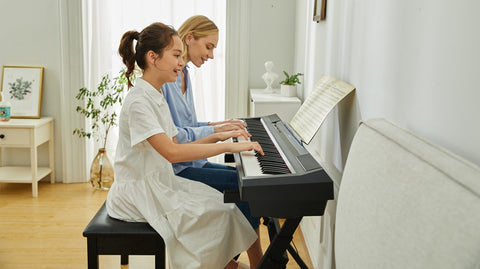
Durability and Adjustability:
- Ideal Purchasing Goals: Look for a piano stool that guarantees lasting stability while offering comfortable height adjustability. Although such stools may come at a higher price, they provide safety and long-term comfort.
- Adapting to Fixed-Height Stools: If using a non-adjustable stool, consider adding a suitable cushion or padding to achieve a comfortable height. However, if a stool is too high and lacks adjustability, it may not be suitable unless solely used for sheet music placement or general purposes.
Choosing the right piano stool is pivotal in maintaining a comfortable and healthy posture while playing the piano. Understanding the importance of selecting the correct height, stability, and additional features will guide you towards a piano stool that meets your specific needs, thereby enhancing your overall playing experience. Invest in a high-quality stool that promotes proper technique, comfort, and endurance, enabling you to fully immerse yourself in the joy of playing the piano.
Meanwhile, Donner offers a range of stools in stock. To learn more, click on the following options:
Black Solid Wood Piano Bench with Storage
White Solid Wood Piano Bench with Storage
Wooden Solid Wood Piano Bench with Storage


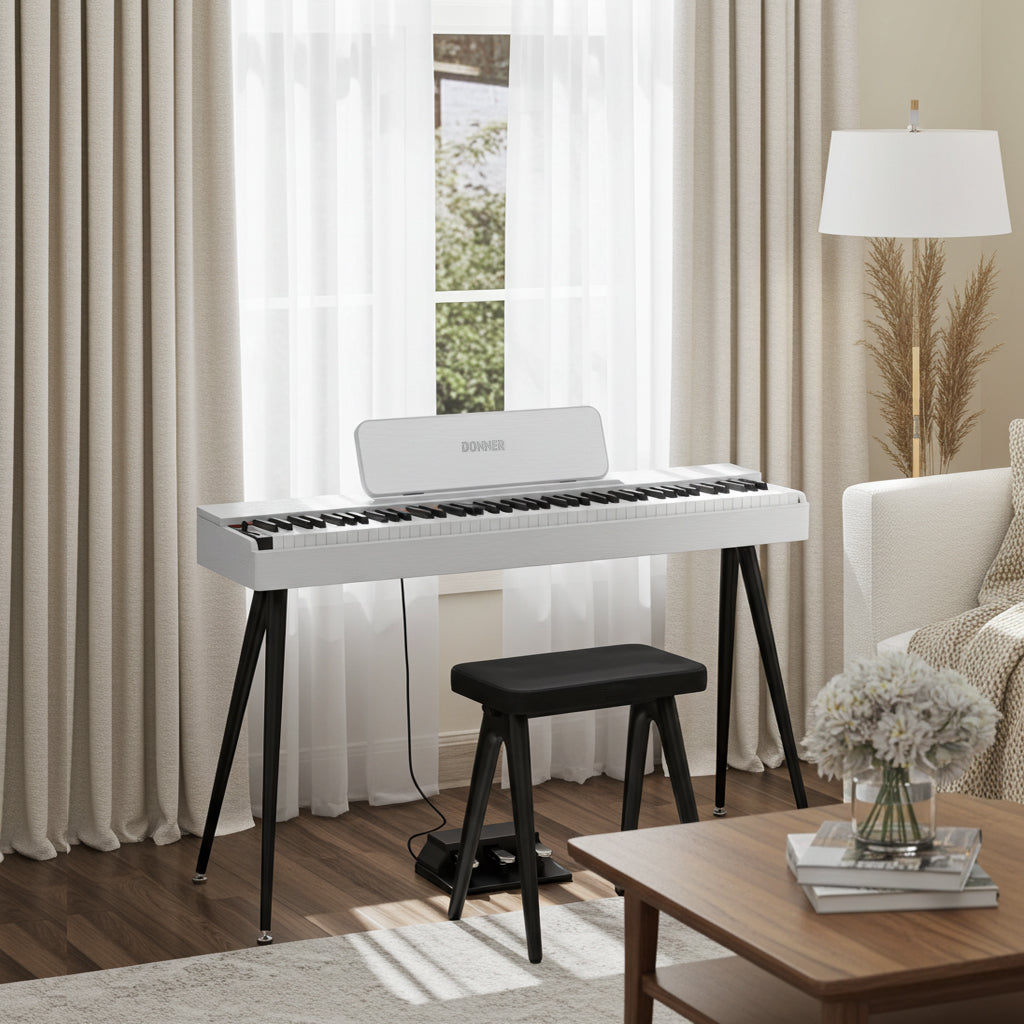
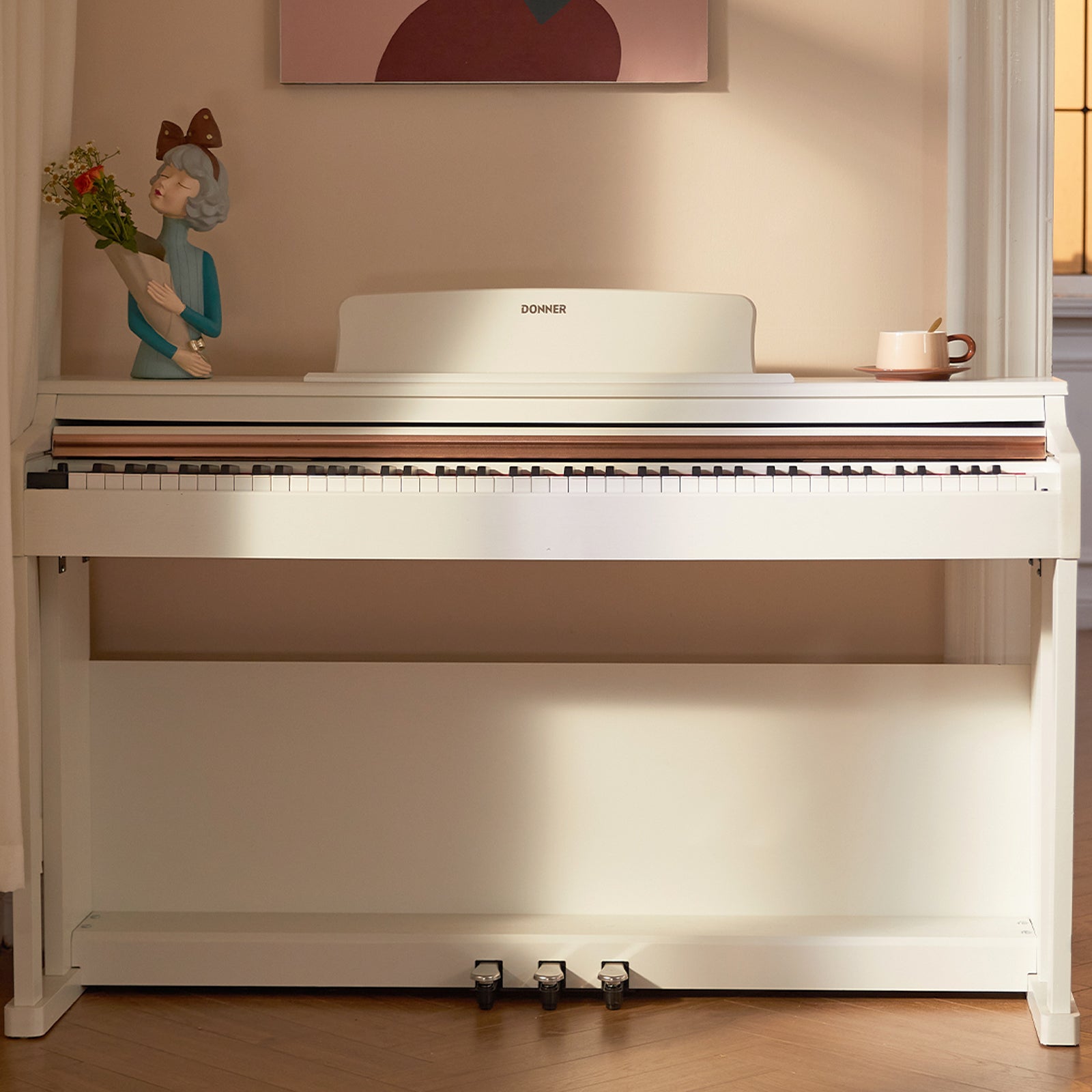
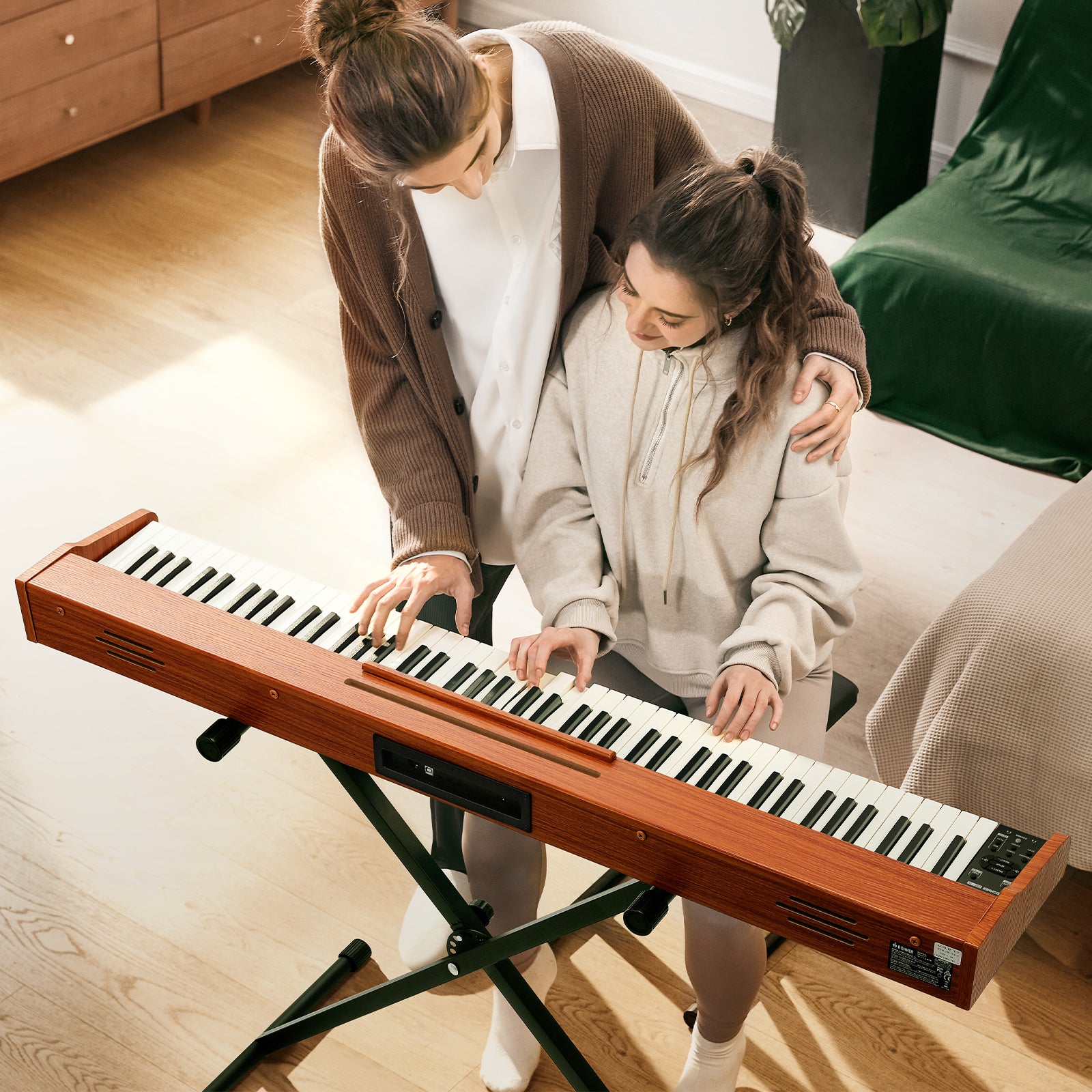
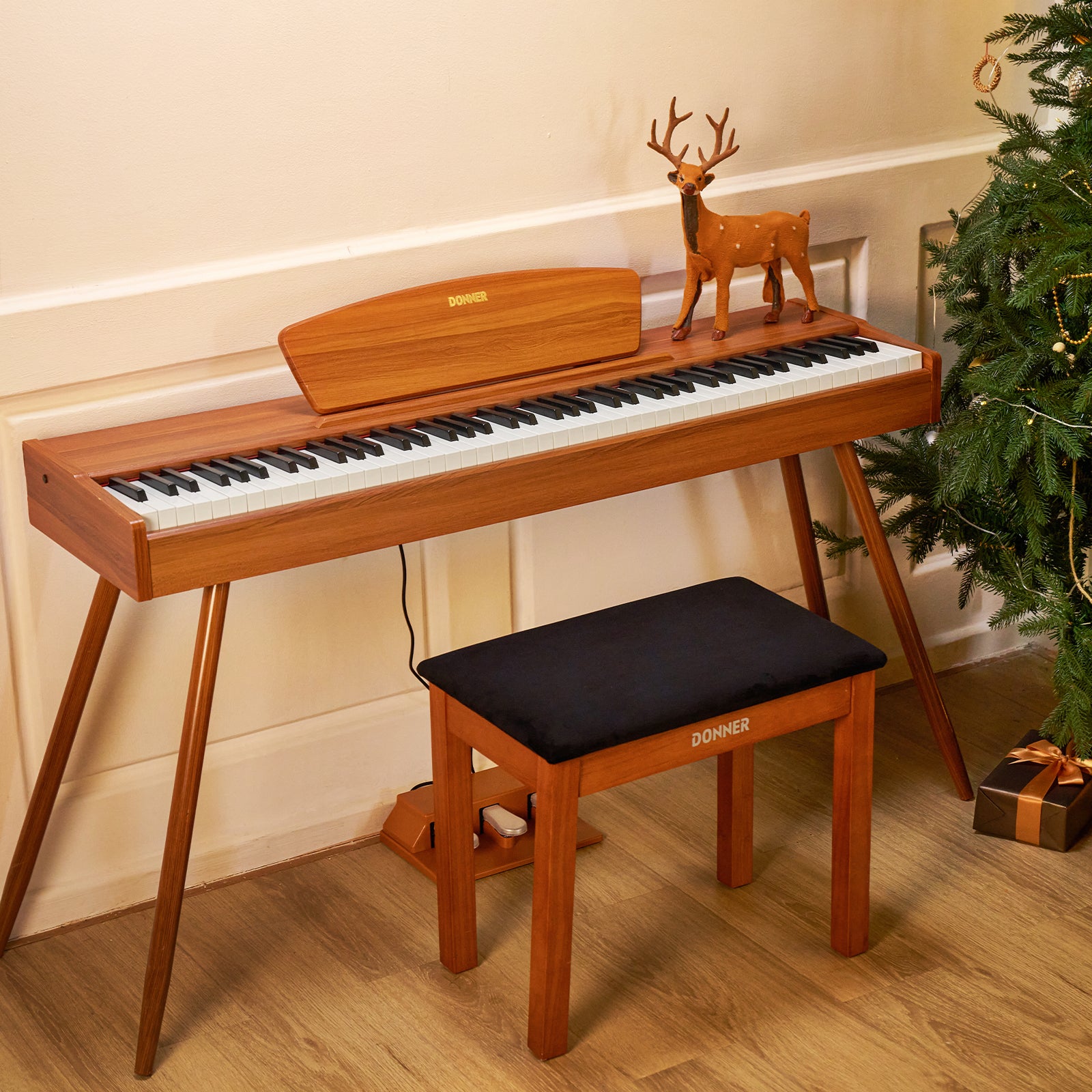
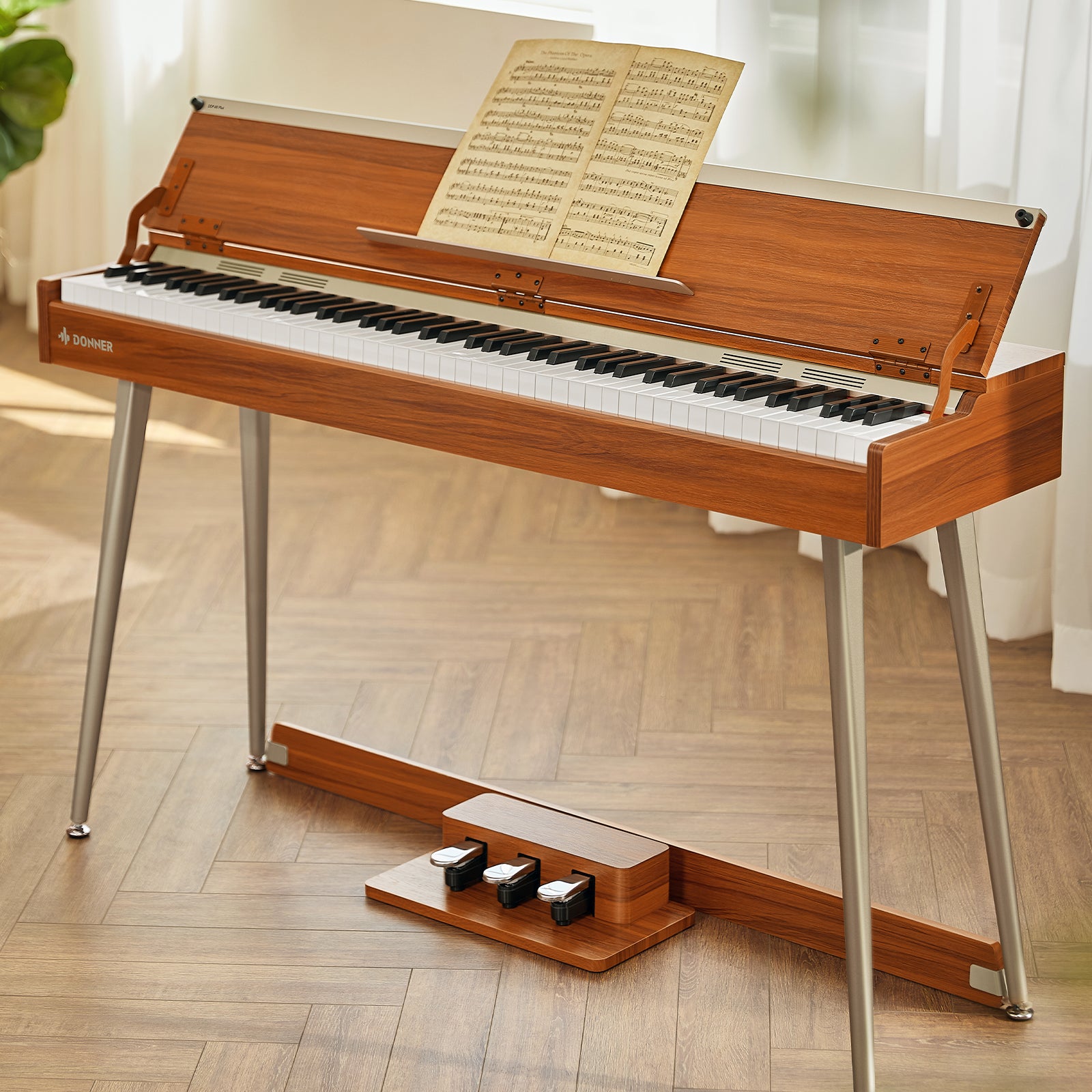
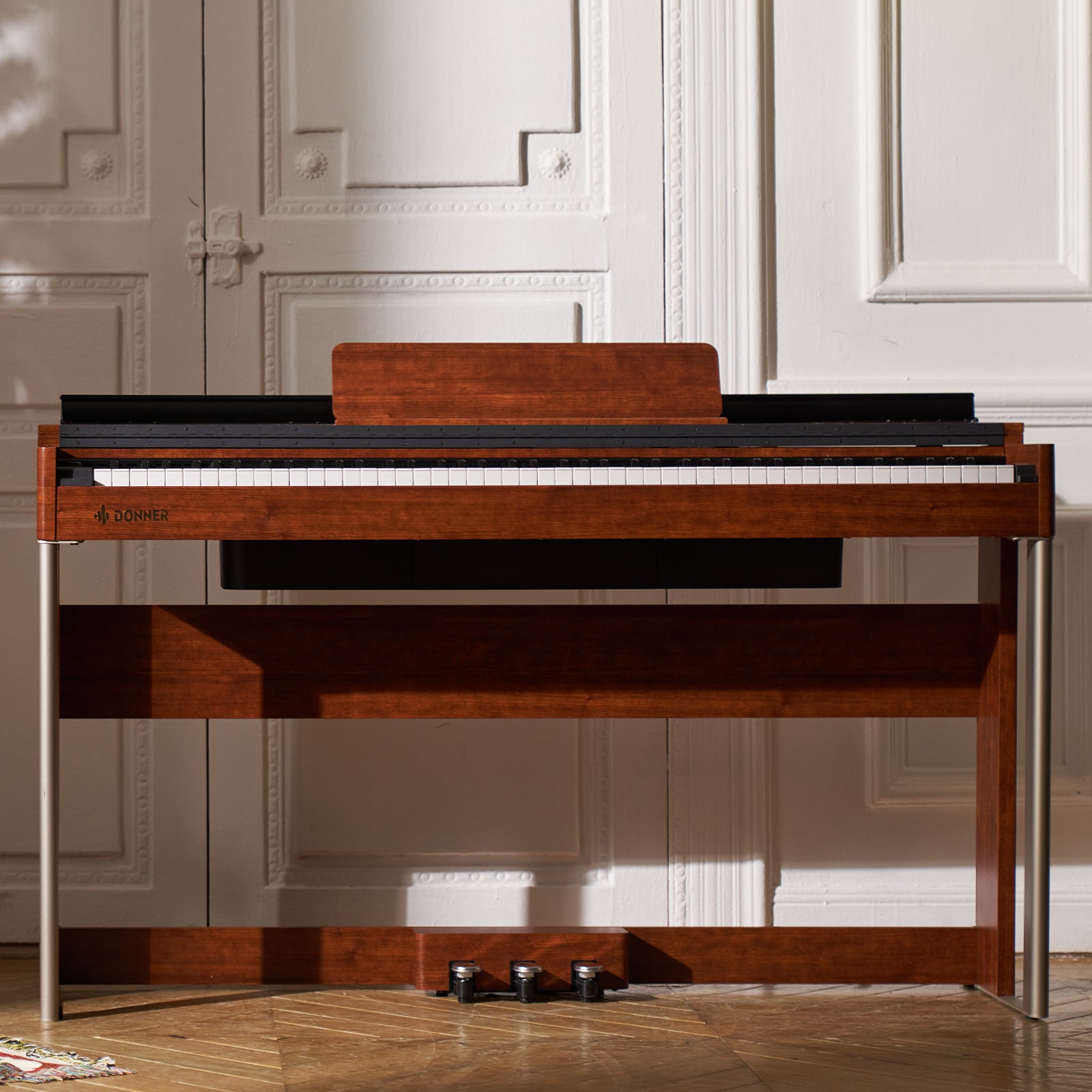
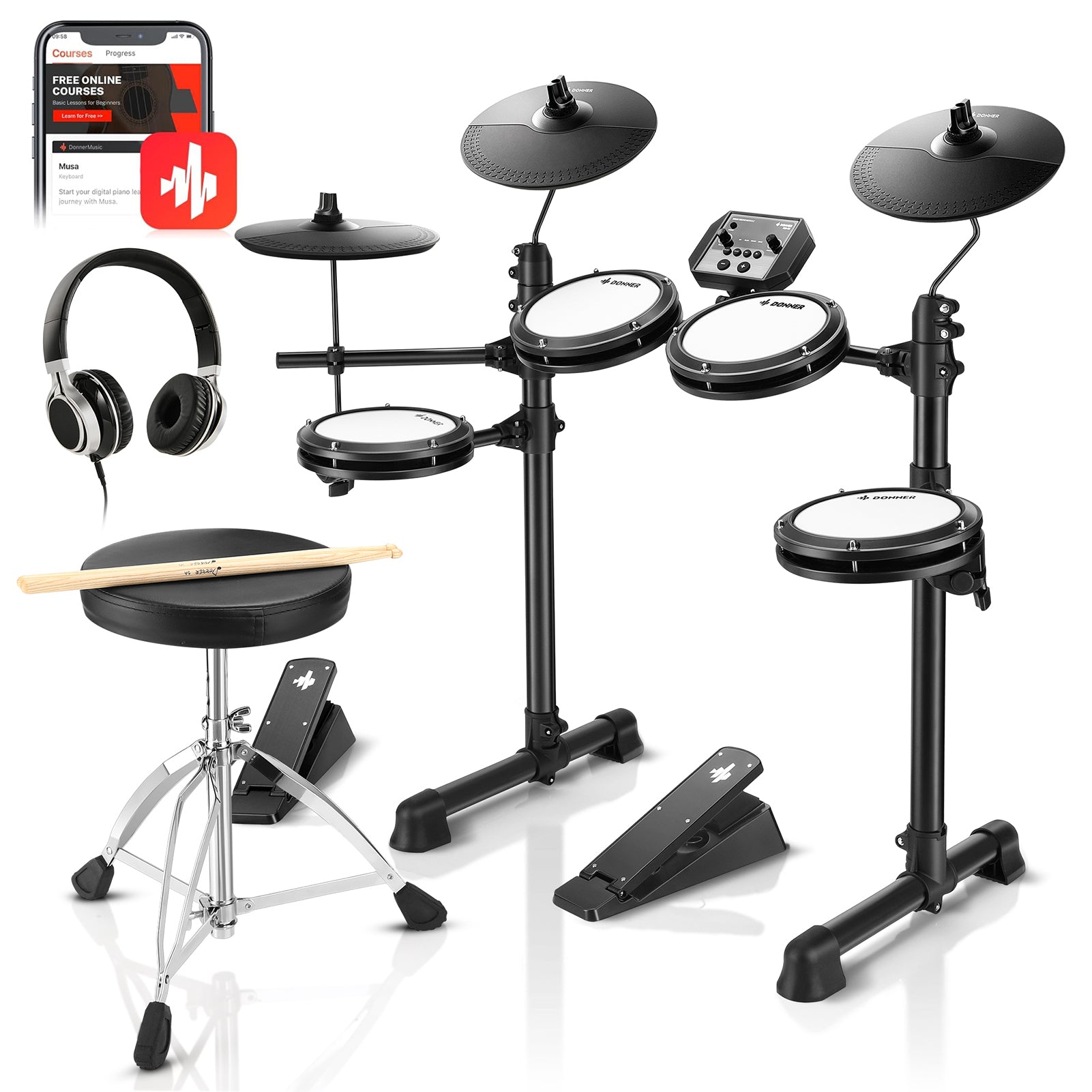
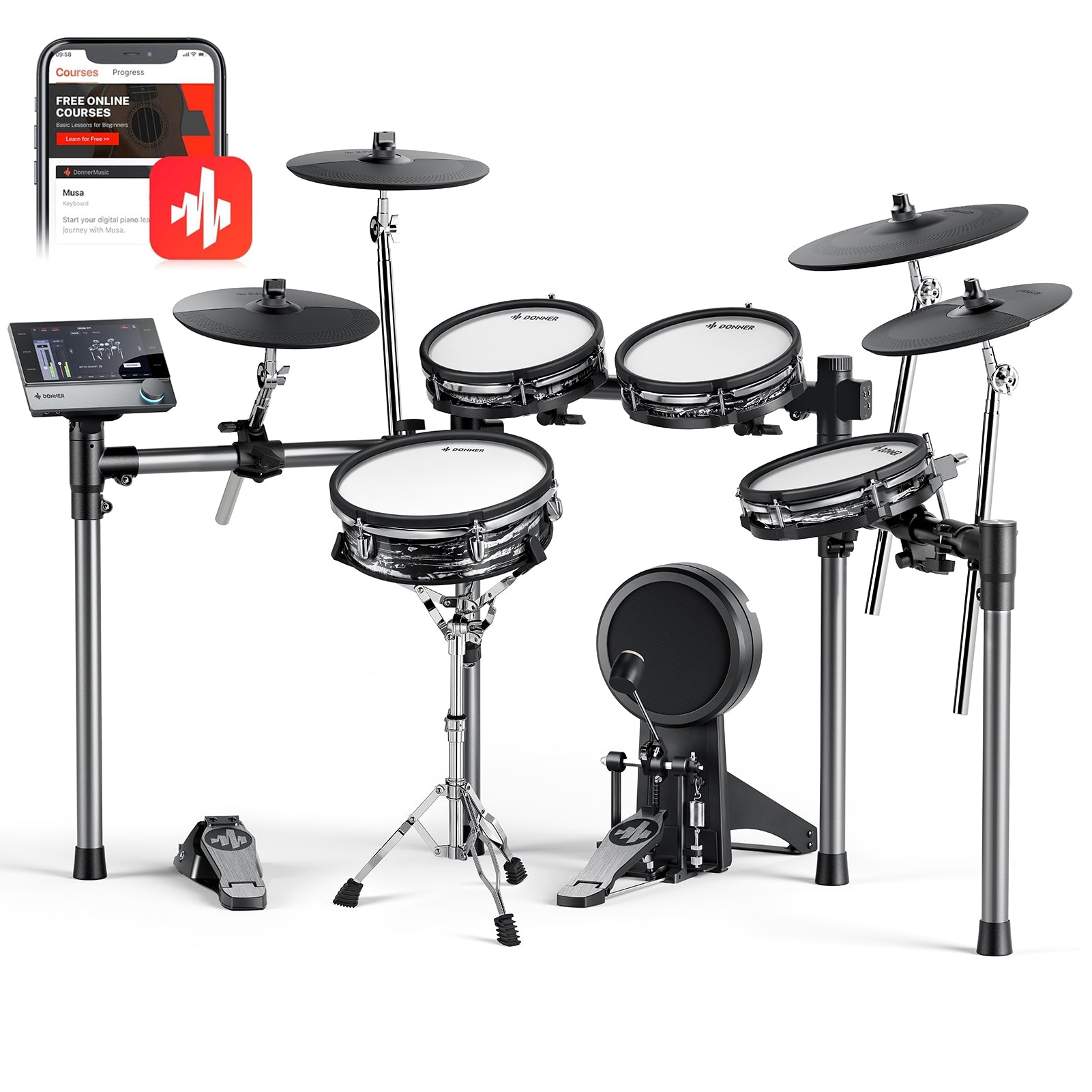
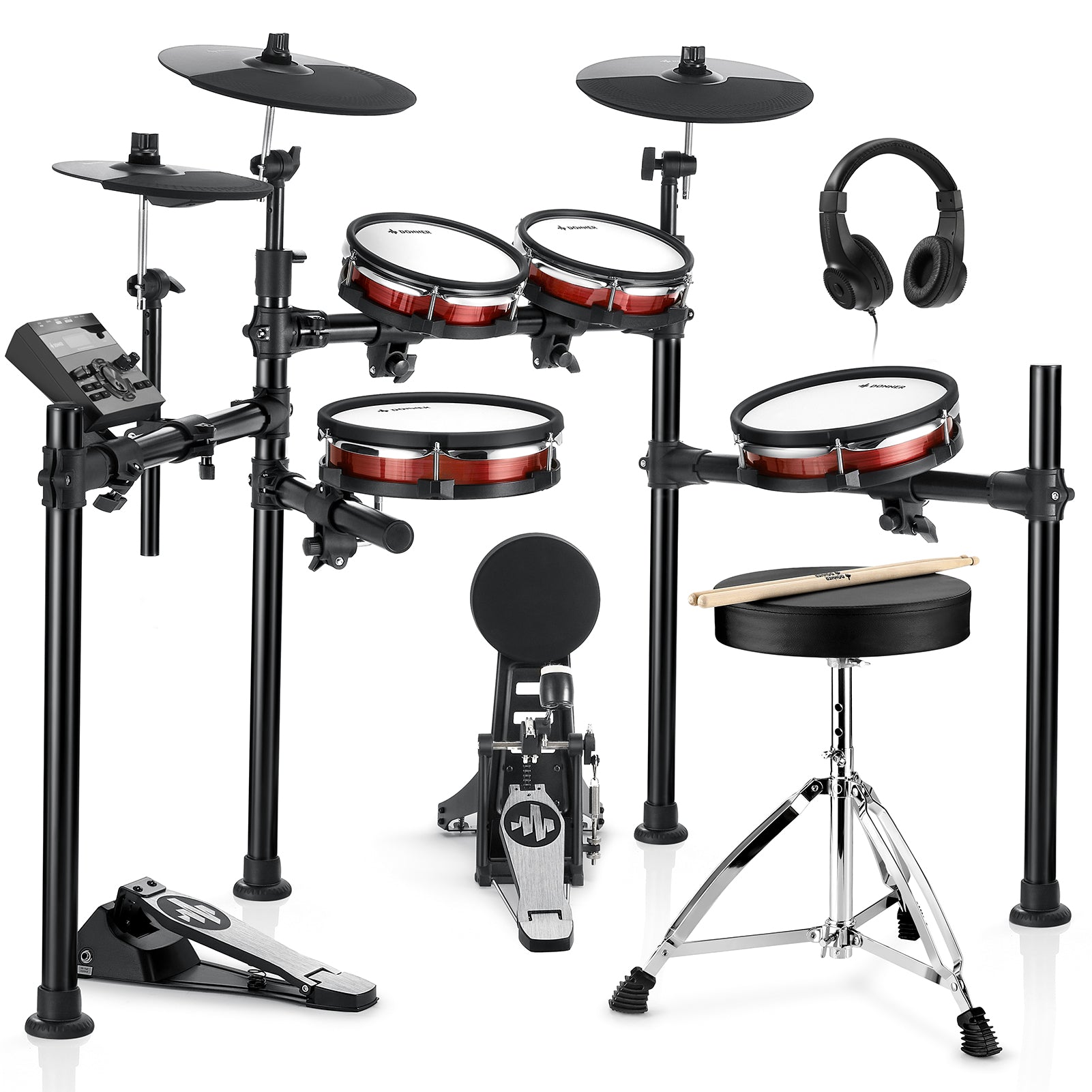
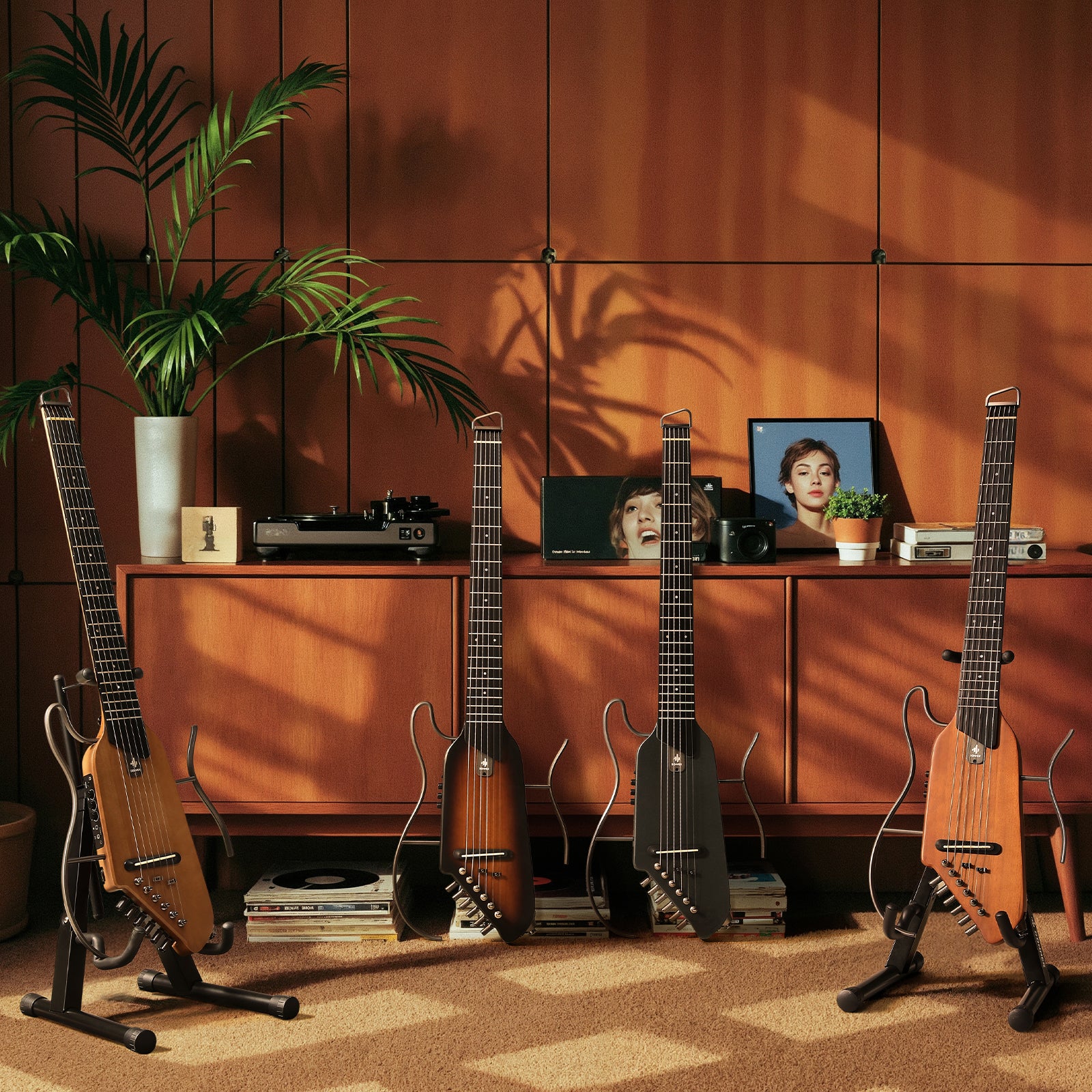
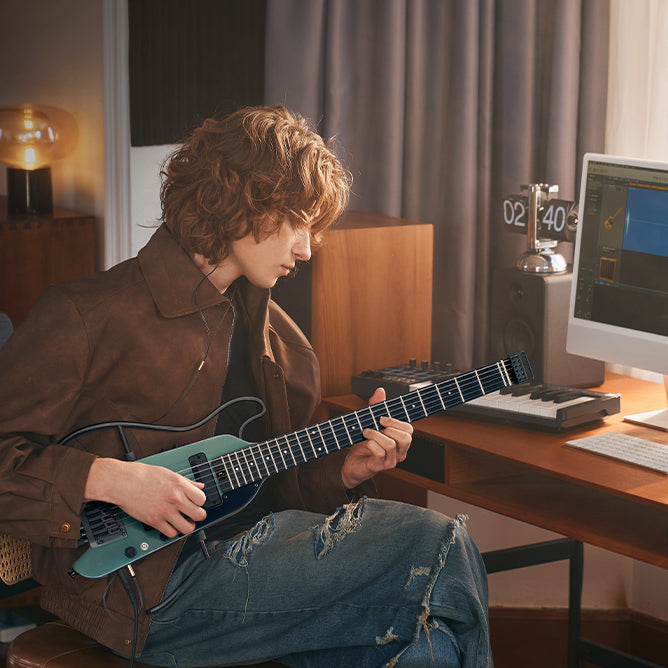
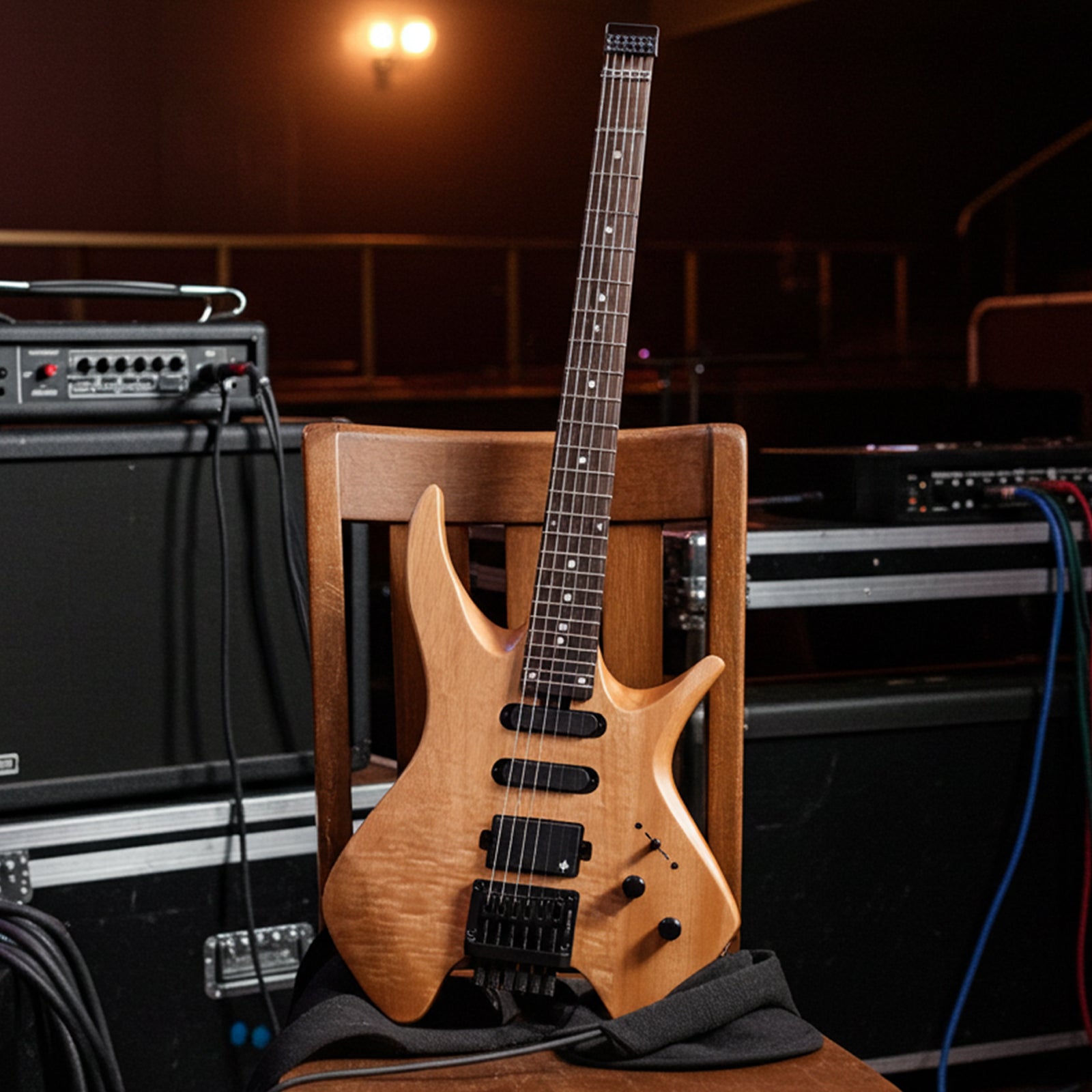
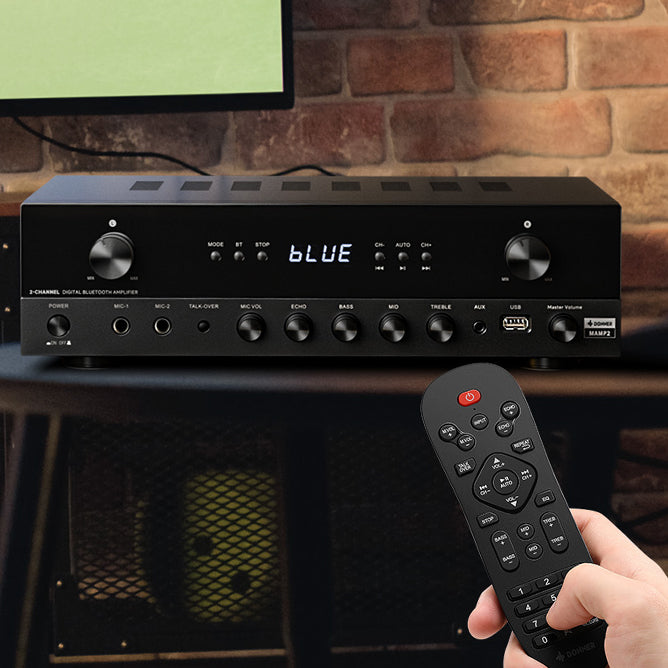
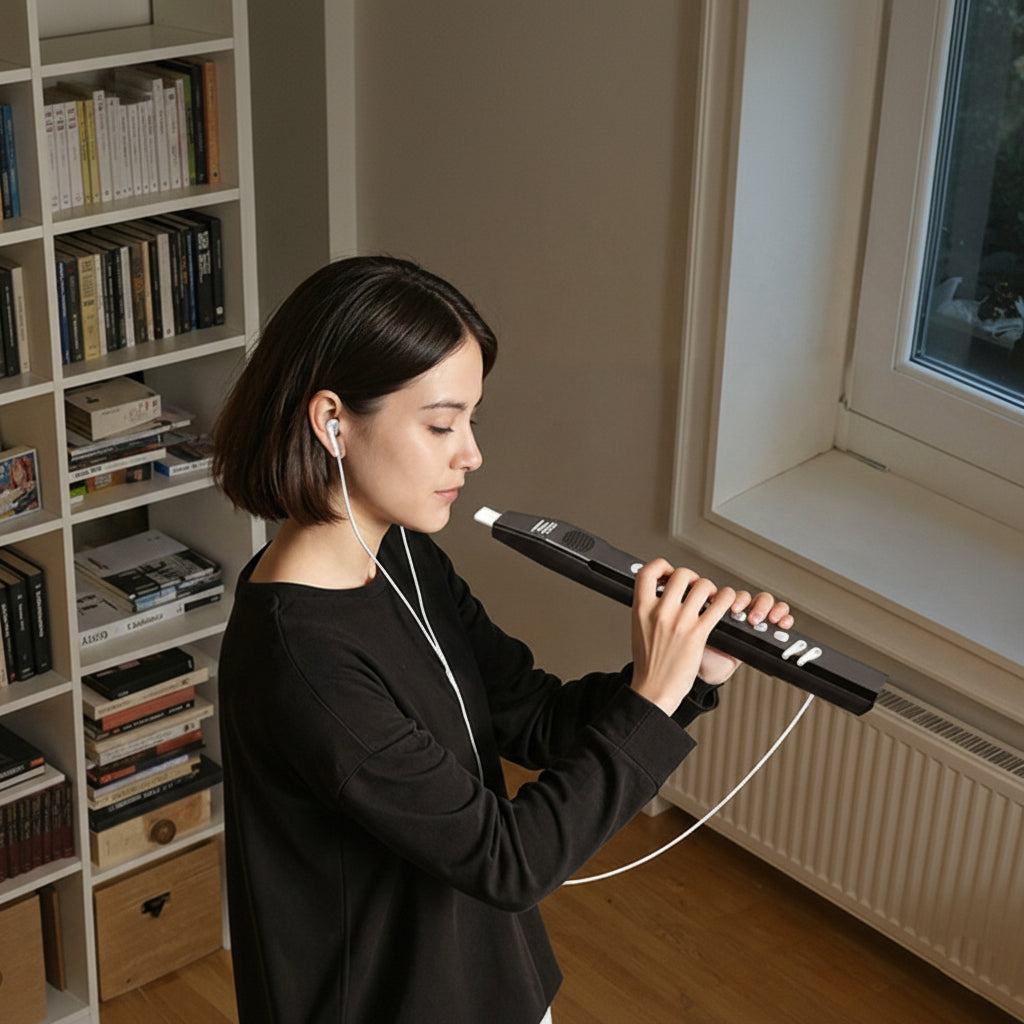



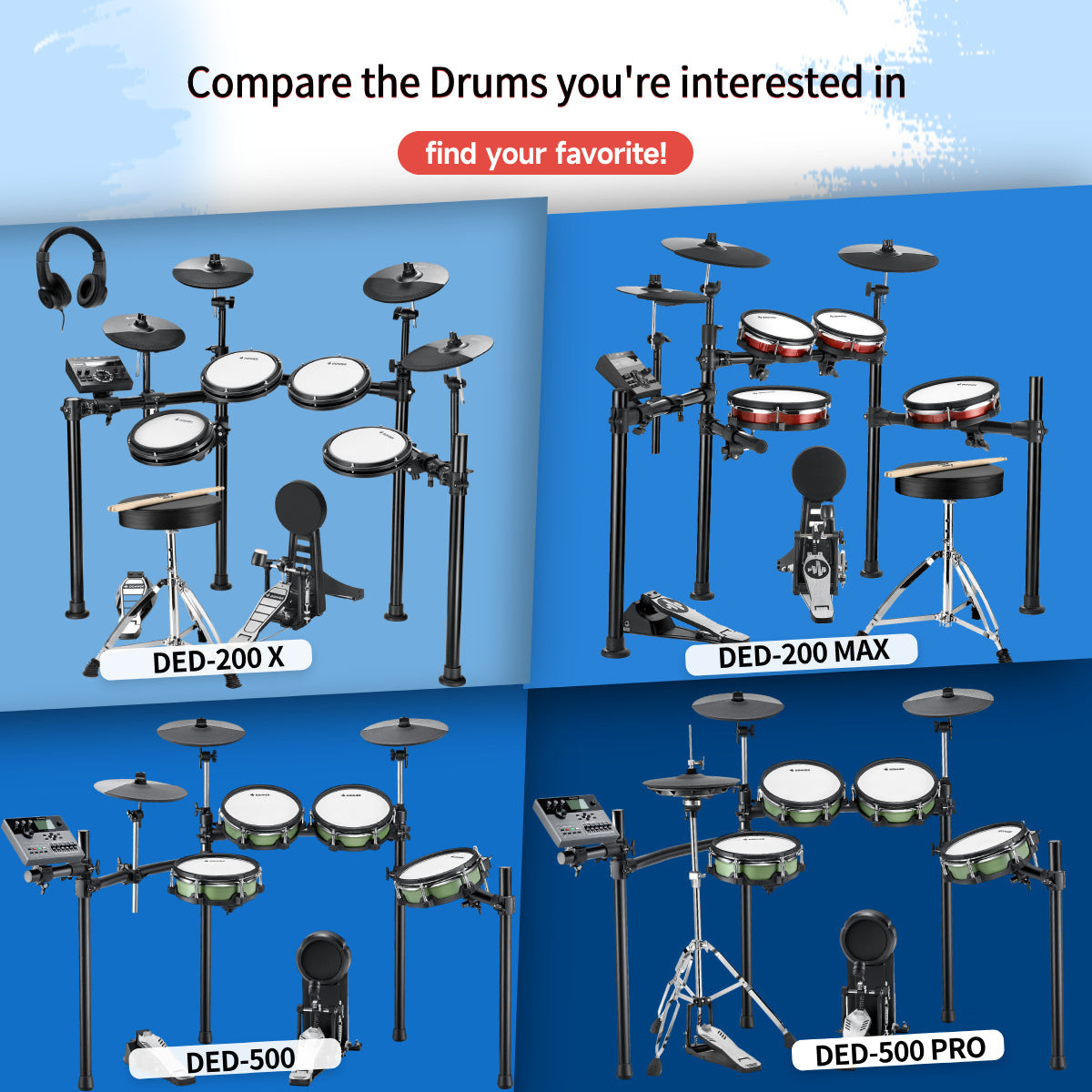
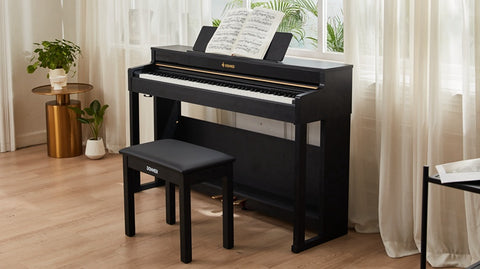
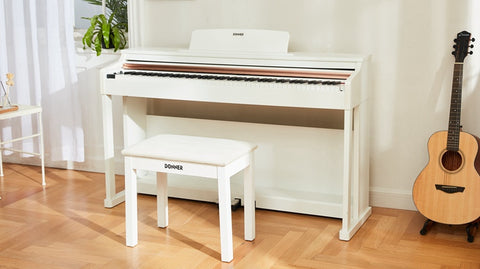
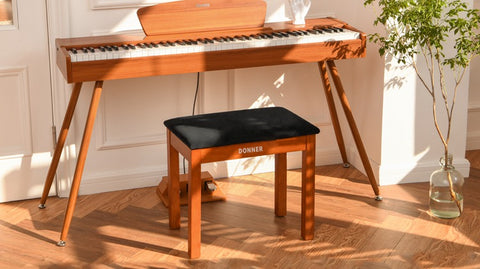

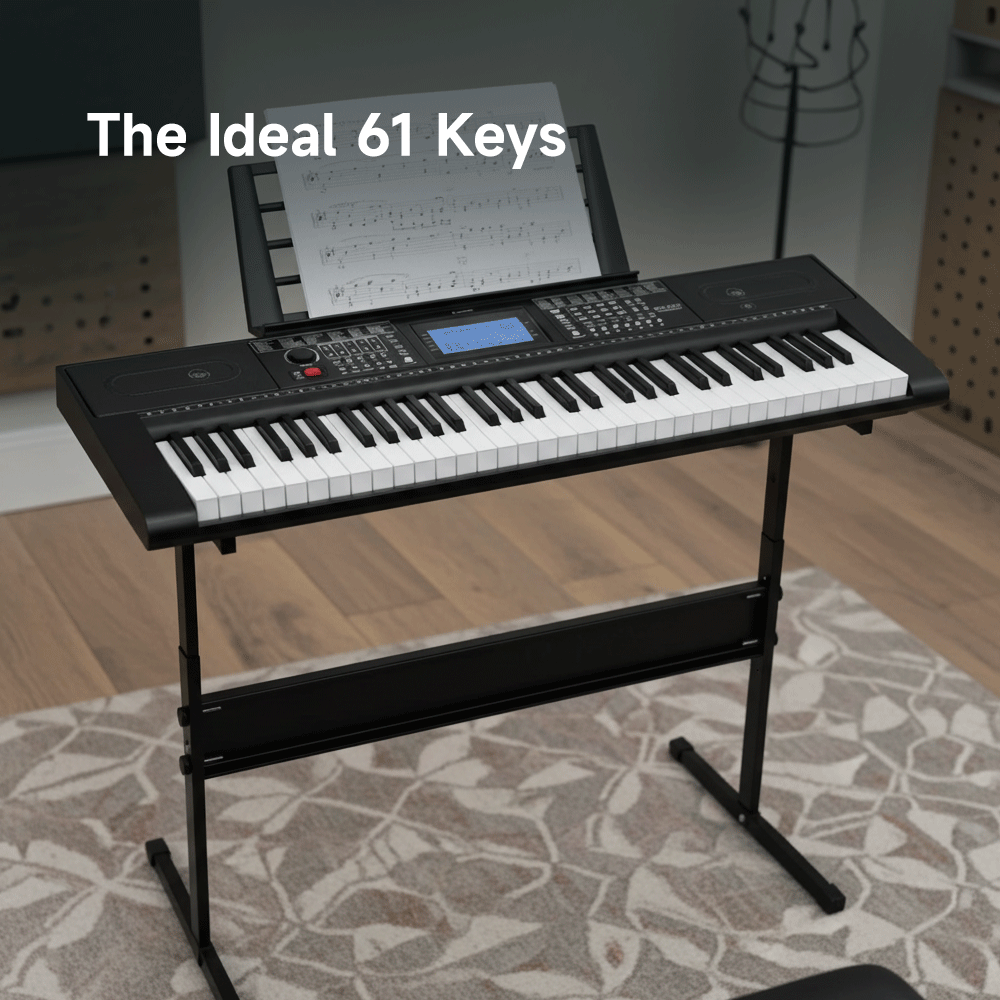
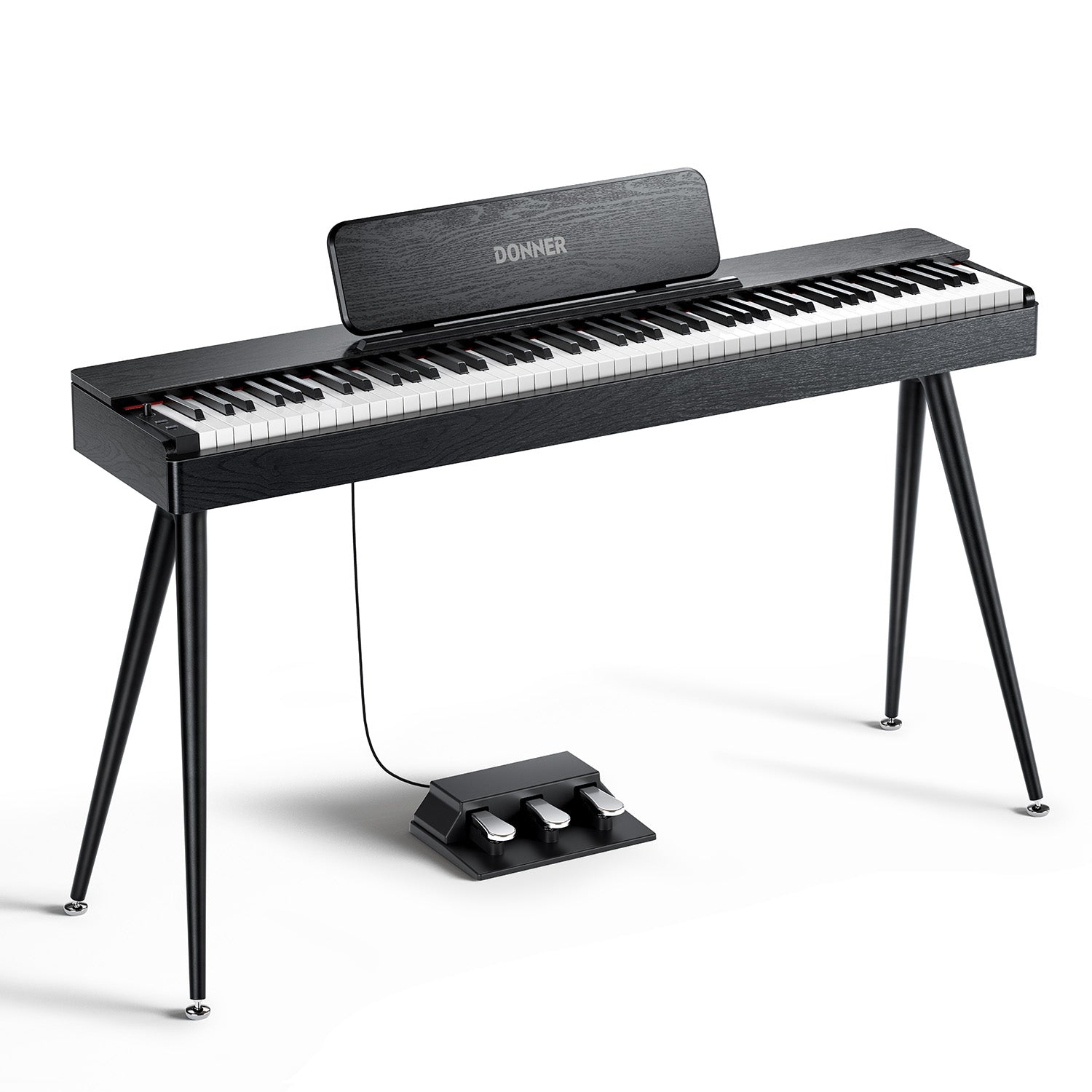
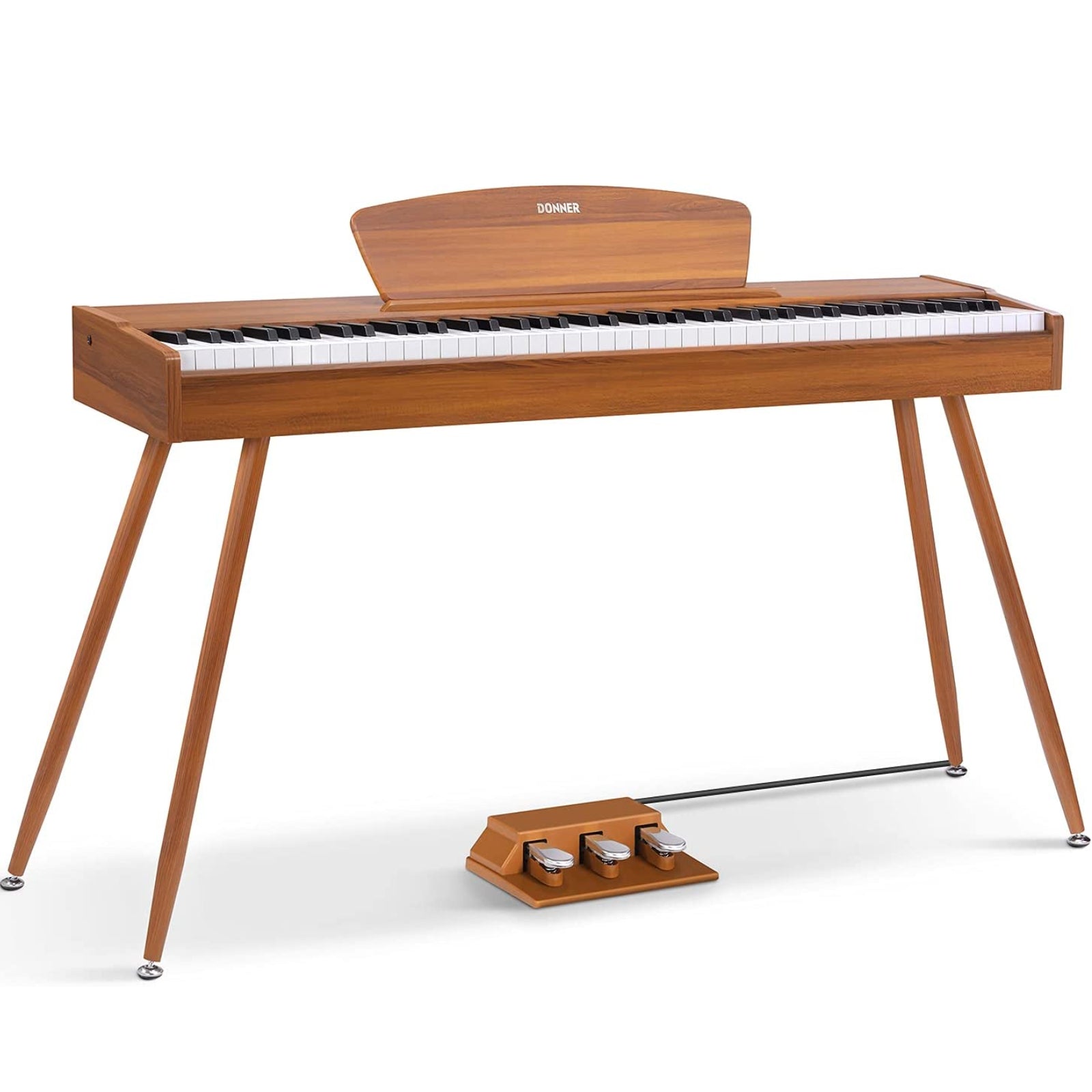


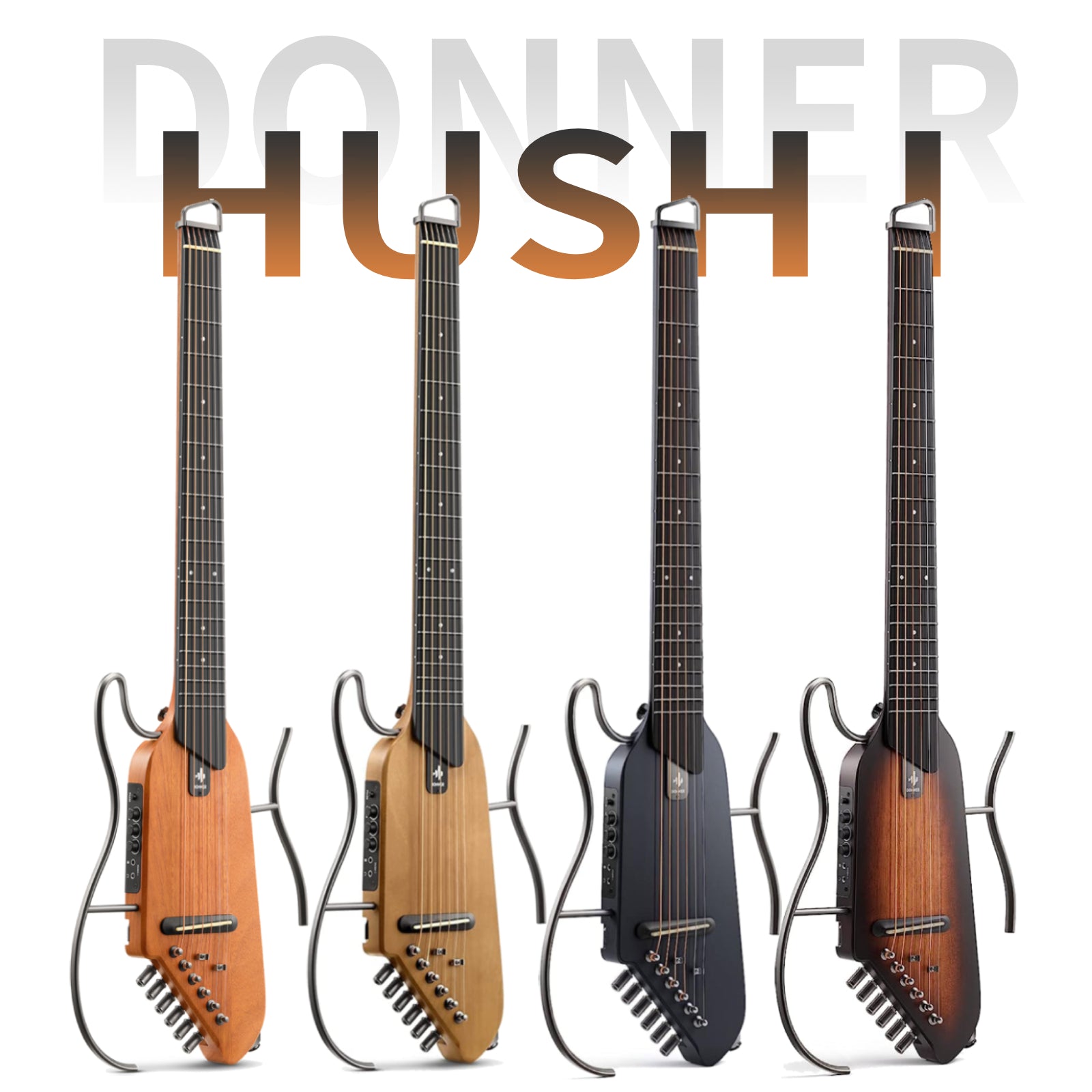
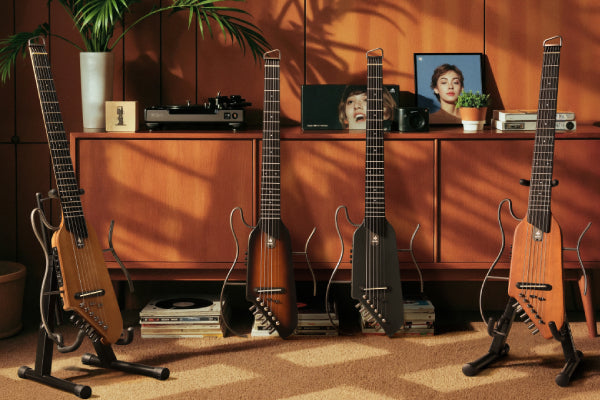
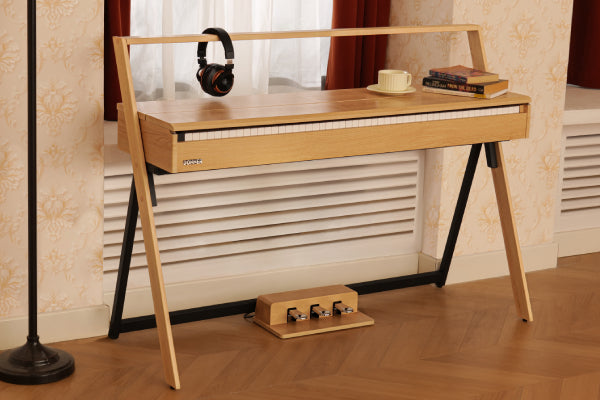
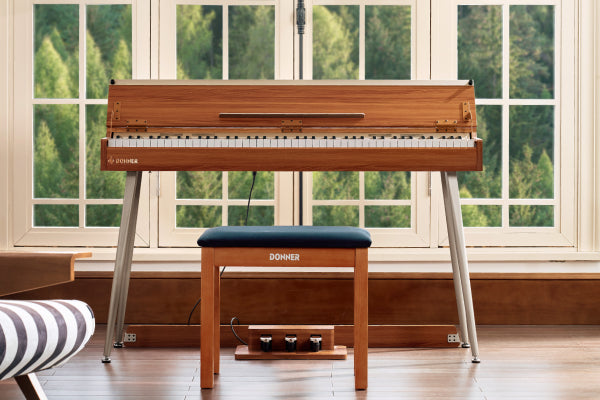
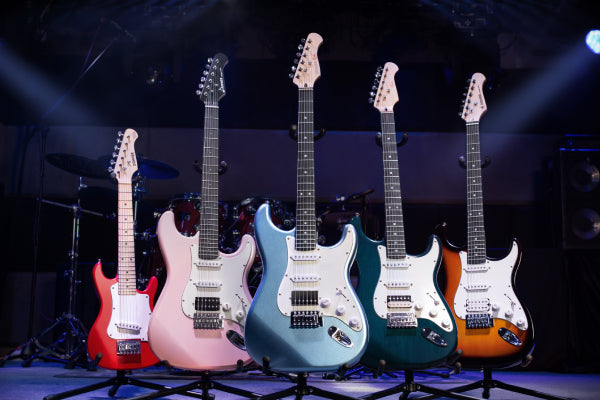
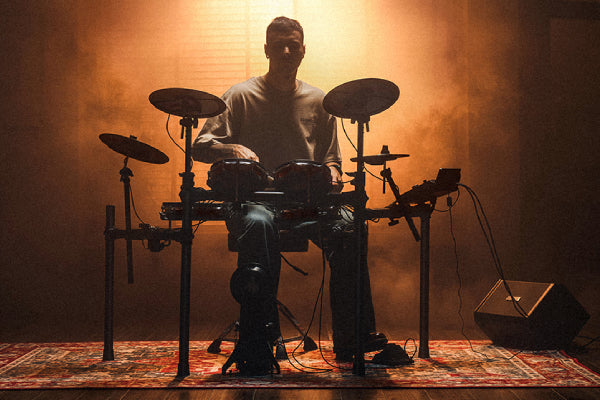



Leave a comment
All comments are moderated before being published.
This site is protected by hCaptcha and the hCaptcha Privacy Policy and Terms of Service apply.